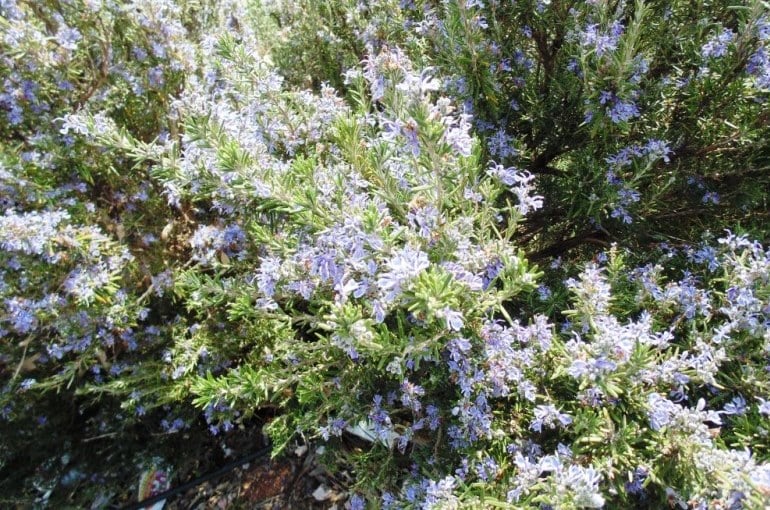Rosemary Growing Conditions

This post is also available in:
This post is also available in:
![]() Español (Spanish)
Español (Spanish) ![]() Français (French)
Français (French) ![]() Deutsch (German)
Deutsch (German) ![]() Nederlands (Dutch)
Nederlands (Dutch) ![]() العربية (Arabic)
العربية (Arabic) ![]() Türkçe (Turkish)
Türkçe (Turkish) ![]() 简体中文 (Chinese (Simplified))
简体中文 (Chinese (Simplified)) ![]() Italiano (Italian)
Italiano (Italian) ![]() Ελληνικά (Greek)
Ελληνικά (Greek) ![]() Português (Portuguese (Brazil))
Português (Portuguese (Brazil))
Rosemary Climate and Soil Requirements
Rosemary Climate Requirements
Rosemary needs at least 6-8 hours of daily sun exposure and prefers warm and moderately dry climates. The plant originated from Mediterranean countries, where average temperatures of 68-86°F (20-30°C) during spring-early summer are common. Soil temperatures above 65°F (18°C) favor growth and regeneration after harvest. However, the plant is resilient and can definitely tolerate lower temperatures as well.
Rosemary Soil Requirements and Preparation
Rosemary plants can grow in all well-drained soils. They can withstand pH from 5,5 to 8. However, the best yields are often achieved in fertile sandy to clay loam soils with pH close to 7 and very good drainage.
The first step towards effective soil preparation is the soil analysis and pH. The soil pH should be corrected to desired levels (6,8-7,5). Moreover, the soil analysis will reveal any nutrient deficiencies, so that the farmer can take corrective actions, under the guidance of a licensed agronomist. In most cases, it is beneficial to add 10 tons of well-rotted manure per hectare and plow well before the planting of young rosemary seedlings. In cases of nutrient deficiencies, farmers apply soil fertilizer N-P-K 20-20-20 (400 lbs. or 180 kg per hectare) at the same time with planting and irrigate well the young seedlings. However, these are just some common patterns that should not be followed without making your own research.
You can enrich this article by leaving a comment or photo of your rosemary farm climate and soil identity.
1.) Rosemary Plant Information
2.) How to grow Rosemary at home
3.) Growing Rosemary for Profit
4.) Rosemary Growing Conditions
5.) Sowing and Planting Rosemary, Seeding Rate and Number of Plants per Hectare
6.) Rosemary Water Requirements
7.) Rosemary Fertilizer Requirements
10.) Rosemary Plant Essential Oil Yield
Do you have experience in Rosemary cultivation? Please share your experience, methods and practices in the comments below. All the content you add will be soon reviewed by our agronomists. Once approved, it will be added to Wikifarmer.com and it will influence positively thousands of new and experienced farmers across the world.








































































